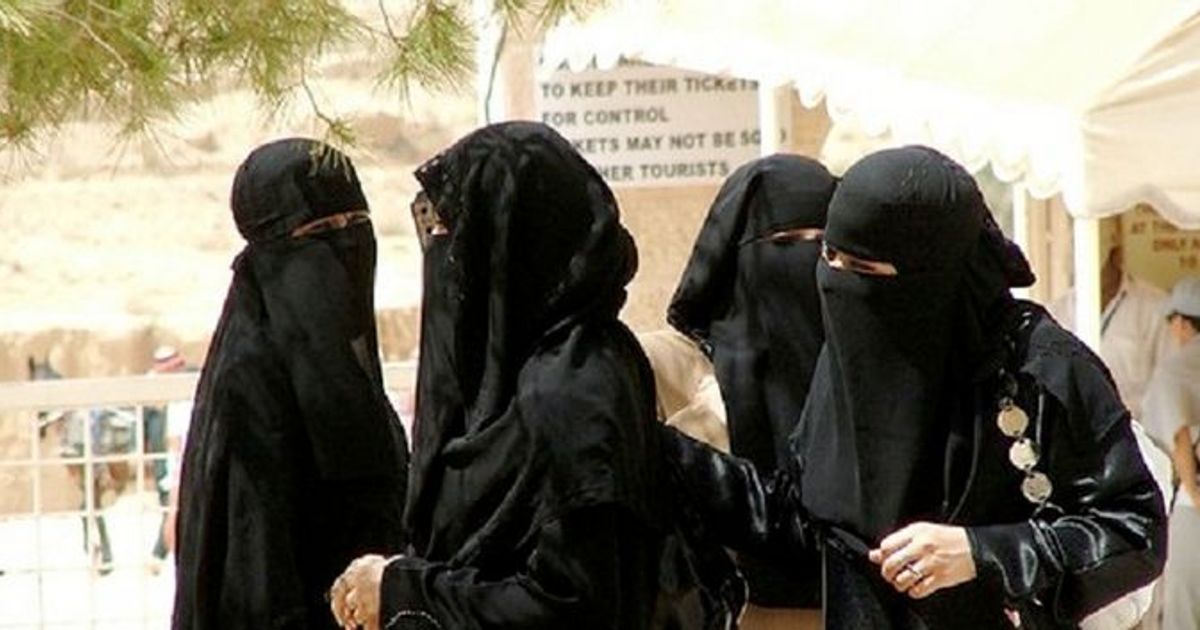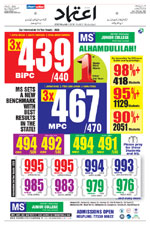Sri Lanka bans burqa, other face veils after Easter blasts
Mon 29 Apr 2019, 16:37:47

Over a week after the devastating Easter Sunday bombings in Sri Lanka, the country has completely banned all face veils including the burqa. The decision was approved by Sri Lankan President Maithripala Sirisena and the announcement was made late on Sunday via a press release.
According to reports, the release said that any form of face cover “that will hinder the identification of a person is banned under emergency regulations.”
“President Maithripala Sirisena took this decision to further support the ongoing security and help the armed forces to easily identify the identity of any wanted perpetrators,” the release added.
With this rule in place, any kind of garment that covers the face like masks, veils and burqas, has been prohibited in Sri Lanka. The move came after a private members’ motion was submitted by a parliamentarian in the island country for the seeking the ban.
The country is still reeling from the terror blasts that ripped across three cities on April 21 in several churches and hotels, taking at least 253 lives and leaving hundreds more injured. The Islamic State claimed responsibility for the bombings that were
executed by suicide bombers; and the National Thowheed Jamath as well as Jammiyathul Maillathu Ibrahim are suspected to have links the blasts.
executed by suicide bombers; and the National Thowheed Jamath as well as Jammiyathul Maillathu Ibrahim are suspected to have links the blasts.
According to a report in The Hindu, Zahran Hashim’s father and two brothers were killed on Friday during an overnight shooting between Sri Lankan troops and the suspects. Zahran is the man suspected to have spearheaded the Easter attacks. He is allegedly one of the two suicide bombers who caused the blasts at the Shangri-La hotel in the Sri Lankan capital Colombo.
Sri Lanka has been on high alert since Easter, with about 10,000 military soldiers being deployed throughout the country. Commercial establishments, church services as well as schools and universities are shut.
Sri Lanka is not the first country to have prohibited the burqa though. Of the 13 countries that have a full or partial ban on the burqa and/or face veils, France was the first European country to ban the burqa in public places. Belgium followed suit in 2011, prohibiting full face veils. Other nations like The Netherlands have a partial ban meaning that women cannot cover their faces in “specific situations where it is essential for people to be seen".
No Comments For This Post, Be first to write a Comment.
Most viewed from International
Most viewed from World
AIMIM News
Latest Urdu News
Most Viewed
May 26, 2020
Do you think Canada-India relations will improve under New PM Mark Carney?
Latest Videos View All
Like Us
Home
About Us
Advertise With Us
All Polls
Epaper Archives
Privacy Policy
Contact Us
Download Etemaad App
© 2025 Etemaad Daily News, All Rights Reserved.

.jpg)
.jpg)
.jpg)






.jpg)


.jpg)
.jpg)
.jpg)
.jpg)
.jpg)
.jpg)
.jpg)
.jpg)
.jpg)
.jpg)
.jpg)
.jpg)

















